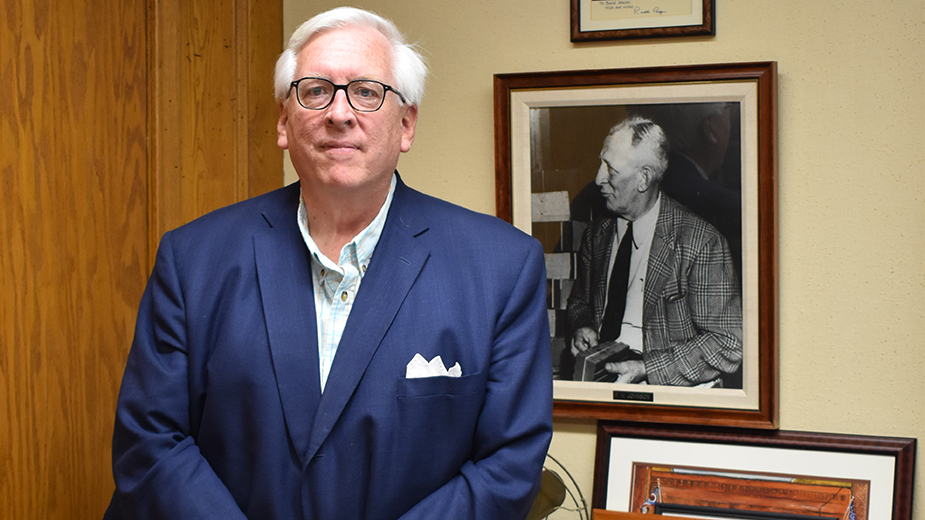YOUNGSTOWN, Ohio – Dave Johnson started attending tile council meetings with his father in the 1980s when the group numbered about 30 U.S. companies.
“I can remember going to the board meetings and all the presidents of those companies were engaged and we were friendly competitors,” says Johnson, CEO of Summitville Tiles Inc.
They competed but found common ground, setting objective standards and testing methods for absorption, warpage and other measures of tile performance, he says.
Then, imports comprised about 40% of the U.S. tile market. Today, they top 70% and at one point reached 80%.
“Summitville Tiles is the only charter member of our national trade association, which is called the Tile Council of North America,” Johnson says. “We’re the only charter member left. The reason for that is the impact imports have had on the U.S. ceramic tile industry.”
He cites the North American Free Trade Agreement. “That was kind of the beginning of rampant growth in imports,” Johnson says. “It started with Mexico and then it just extended around the world.”
Earlier this year, Summitville was sold to General Shale of Johnson City, Tenn. The management team and the 150 employees will remain with the company.
It’s a big change for the Summitville-based business that’s been owned by the Johnson family since 1921, purchased by F.H. Johnson.
The company was founded as the Summit Brick Co. in 1912 and renamed The Summitville Face Brick Co., evolving to become a high-grade commercial and residential face brick producer.
Johnson and his brother, Bruce, will stay on for a few years.
Johnson, who’s been Columbiana County Republican Party chairman since 1989, has seen a shift in political leanings of much of the Mahoning Valley. Mahoning and Trumbull counties used to be Democratic strongholds but the number of Republicans has been rising.
He attributes the realignment to the effect of former President Donald Trump, starting in 2016.
The closing of the GM Lordstown plant and the loss of much of the steel industry also contributed. Those industries were heavily-Democratic, he notes.
“I think Trump has ushered in a more populist feeling about what the role of government is – and should be – and the folks in this region have gravitated to that,” Johnson says.
He’d like to see more civic engagement, explaining that it’s difficult to get people to run for city council and school board seats.
But he believes the future of the Valley is bright.
“I’m always an optimist,” Johnson says. “No matter what challenges come our way, … we’ll pull together and plot a winning strategy for success. We have challenges, but there’s a lot of great people in these communities.”
